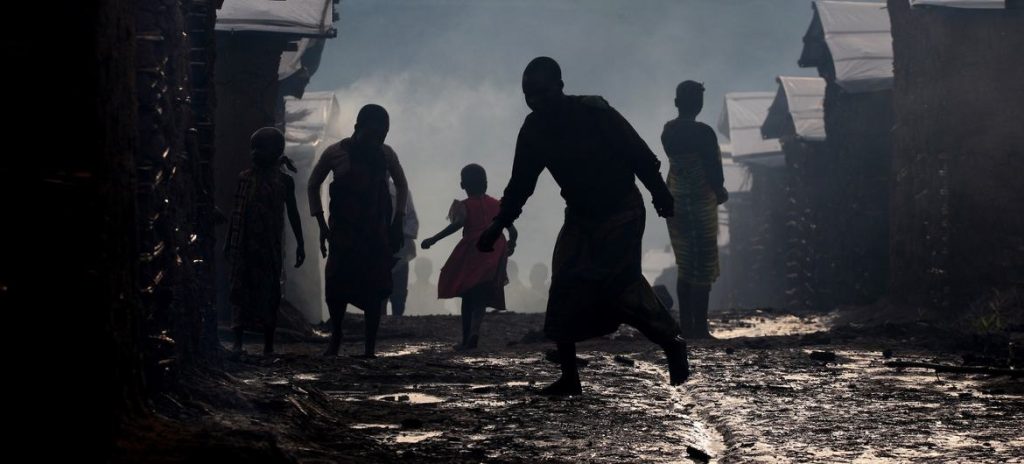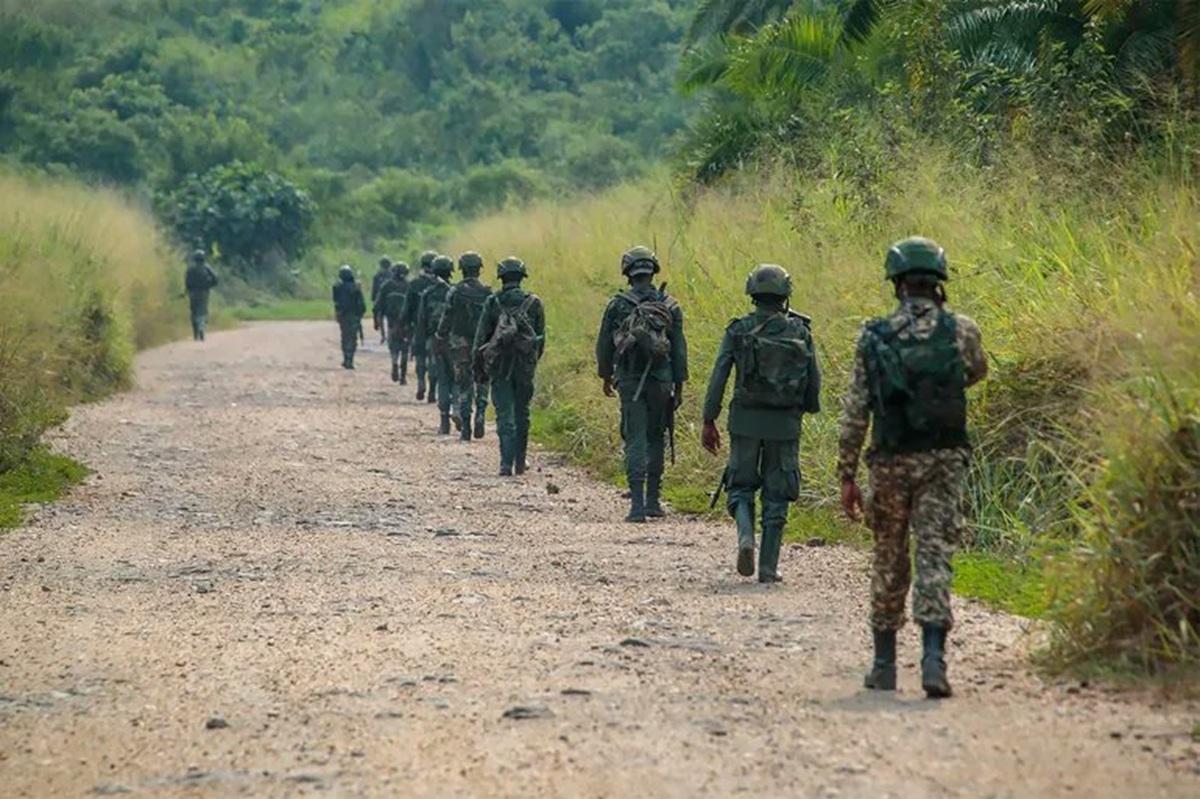Rwanda-backed M23 rebels killed at least 319 civilians in eastern Congo last month, according to Volker Türk, the U.N. High Commissioner for Human Rights, who cited “first-hand accounts” in a statement released on Wednesday. Among the victims were 48 women and 19 children.
Türk described the violence in North Kivu’s Rutshuru territory as producing “one of the largest documented death tolls in such attacks since the M23’s resurgence in 2022.”
The scale of the killings first came to light in late July, when findings from the U.N. Joint Human Rights Office (UNJHRO) that put the death toll at 169 were reported. At the time, M23 leader Bertrand Bisimwa told Reuters the group would investigate, though he also suggested the report could be a “smear campaign.”
Attempts to reach an M23 spokesperson, Rwanda’s military, and the Rwandan government for comment on Wednesday were unsuccessful. Reuters has not independently confirmed the killings, but a local activist told the news agency that witnesses described M23 fighters using guns and machetes to slaughter large numbers of civilians.
According to two U.N. sources, 100 of the dead have so far been identified by name, with investigations still underway.

The violence occurred between July 9 and July 21, across four villages in Rutshuru. Türk said most of those killed were “local farmers camping in their fields during the planting season.”
Both the M23 and the Congolese government have committed to pursuing peace by August 18, following a year marked by the rebels’ territorial advances—some of the most extensive since their resurgence—and a toll of thousands killed and hundreds of thousands displaced.
The UNJHRO report stated that M23 fighters had targeted suspected members of the Democratic Forces for the Liberation of Rwanda (FDLR), a Congo-based armed group that includes elements of the Rwandan military and militias responsible for the 1994 genocide.
A peace deal signed on June 27 in Washington by the Congolese and Rwandan foreign ministers obliges Congo to “neutralise” the FDLR, while Rwanda is expected to withdraw its forces from Congolese territory.
Rwanda has consistently denied supporting M23 and insists its military actions are defensive, targeting Congo’s army and ethnic Hutu militias—including the FDLR—linked to the genocide..


 Trending
Trending 
